In this cultural critique, contributor Bliss explores how “The Residence”, Shonda Rhimes’ latest Netflix series, uses the character of Cordelia Cupp—played by Uzo Aduba—to deliver a powerful, plus size TV fashion-forward portrayal of protest, presence, and quiet resistance.
Far from just a political drama, the series becomes a layered reflection of real-world systems, coded language, and the soft power of Black womanhood. Through Cordelia’s birding hobby, bold wardrobe, and unwavering stillness, the show illustrates how Black artists—from screenwriters to performers—use their talents as subtle acts of defiance. Let’s unpack the brilliance of plus-size representation, intentional styling, and the deeper symbolism behind every gesture, stitch, and silence.
Recently, Netflix premiered Shonda Rhimes’ new series The Residence, and let’s just say–she’s done it again. Sharp. Stylish. Suspenseful. This is Shonda in her protest era, and she’s using scriptwriting as strategy.
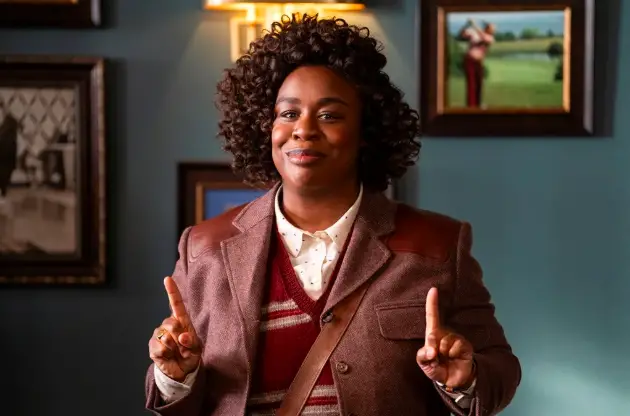
At the center of it all is Uzo Aduba, who plays murder investigator, Cordelia Cupp, at a mysterious White House state dinner. Cupp is a woman who watches more than she speaks, who studies people the way she studies birds–meticulously, without urgency, but with a kind of quiet certainty that unnerves everyone around her. Her character is cool and slightly offbeat, with a love for birding that others dismiss as odd. But that’s the point. Birding is where Cordelia draws her power. It’s how she sees what others miss. The woman doesn’t chase chaos–she simply pays attention to it.
What makes The Residence so remarkable isn’t just the mystery or the politics. It’s the way it mirrors real-world systems while never saying them out loud. The show doesn’t preach. It doesn’t scream. It whispers just loud enough for those who are listening. This isn’t just a show about a crime. It’s a show about coded language, double consciousness, and the soft power of protest. It’s about what it means to investigate a lie while surviving the truth.
Cordelia Cupp is a Black woman with authority. A plus size woman in luxury fabric. A quiet force in a sea of self-importance. Her wardrobe — rich, structured, grounded — isn’t just costume design, it’s commentary. The coats aren’t soft. They’re armor. The colors aren’t loud. They’re deliberate. She doesn’t ask for space. She wears it.
Cordelia Cupp Revolutionizes Plus Size TV Fashion
Every trench coat is tailored with purpose. Every pop of color is a calculated risk. And when she pulls out her binoculars–yes, binoculars–it’s not for effect. It’s who she is: observant, focused, unbothered by what people think of her methods.
Cordelia’s wardrobe is built like a fortress: clean lines, structured shoulders, full-length silhouettes that demand presence.
This isn’t minimalism. It’s a message.
She’s a plus size Black woman walking the halls of power–and her fashion speaks long before she ever opens her mouth. In a room full of fragile egos and fading influence, Cordelia’s look is bold, unflinching, and impossible to ignore.
For so long, plus-size TV fashion has been treated like an afterthought in television. But here, Cordelia’s wardrobe is central to the storytelling. It amplifies her character’s sharpness, her emotional depth, her refusal to be minimized.
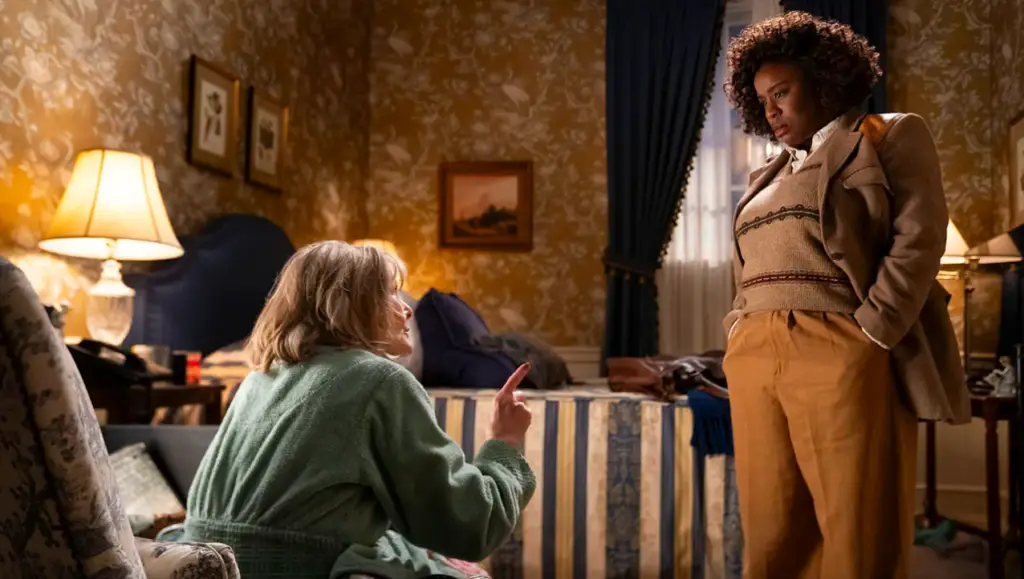
This is a protest in a power suit. This is a masterclass in dressing for defiance.
And that’s the beauty of this role. Uzo Aduba, a plus size Black woman, is not the sidekick or comedic relief. She’s the lead. She’s the mind. She’s the eyes. Her body is not a statement — it’s a fact. A woman existing fully, taking up space with elegance and authority.
In another time, someone might have told her to smile more. To soften her voice. To wear something “more flattering.” But here, in this world Shonda has built, Cordelia Cupp is not asked to be likable. She is asked to be excellent — and she delivers.
Still, this story doesn’t rely on tropes or tidy resolutions. It leans into the tension. And that’s what makes it revolutionary. Uzo Aduba’s presence on screen isn’t just about representation–it’s about reclamation. She’s not here to be palatable. She’s here to do the work. To solve the crime. To walk through the halls of privilege and power and not apologize for how much space she takes up while doing it.
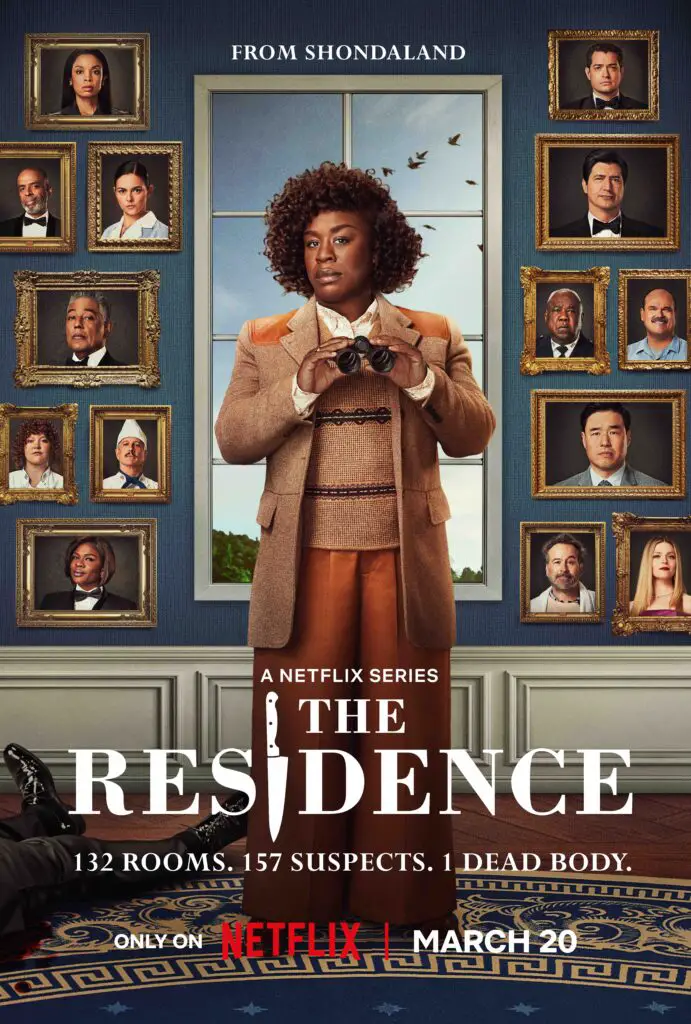
And that’s what makes this series more than a binge-worthy drama. It’s a reminder that art has always been a refuge for Black people when the world tries to silence them. When politicians fumble and justice feels like a moving target, Black artists pick up the slack. They protest in lyrics, in lighting, in casting, in costume. They create work that says what the headlines won’t.
Shonda Rhimes is doing it with scripts. Uzo Aduba is doing it with presence.
In an era where truth is drowned out by spin, the real ones are speaking in code. And if you’re not listening closely, you’ll miss it. But Cordelia wouldn’t. She’d already know. She’d already be watching.
Because that’s what visionaries do. They see it before the rest of us ever look up!
What did you think of Shonda Rhimes’ The Residence? Let us know in the comments!

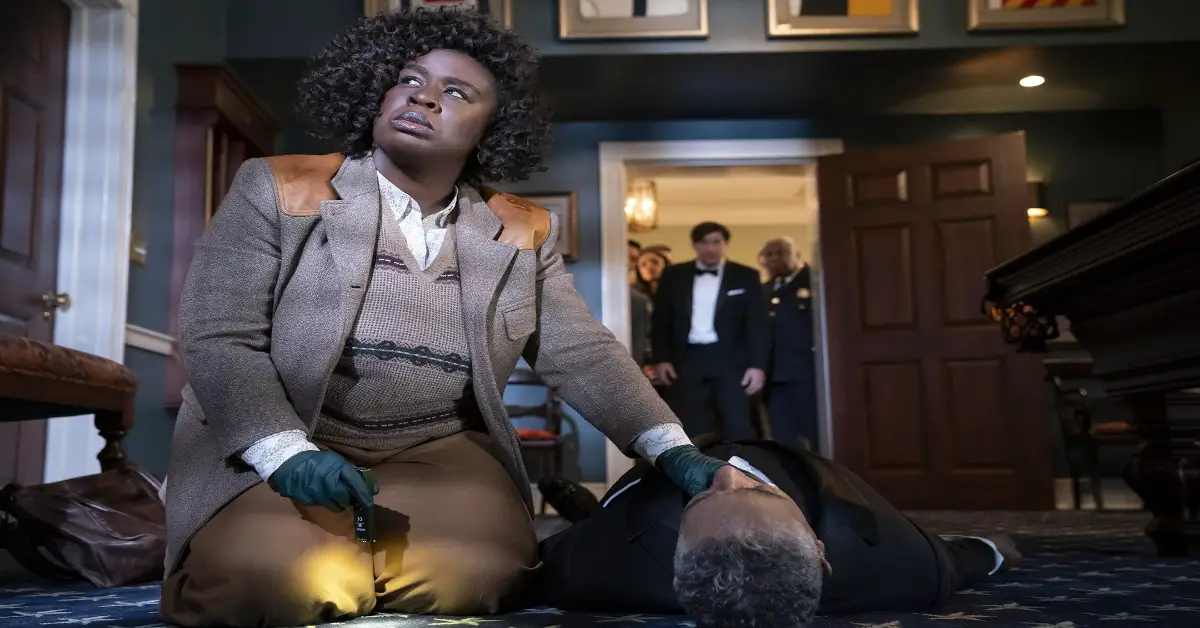
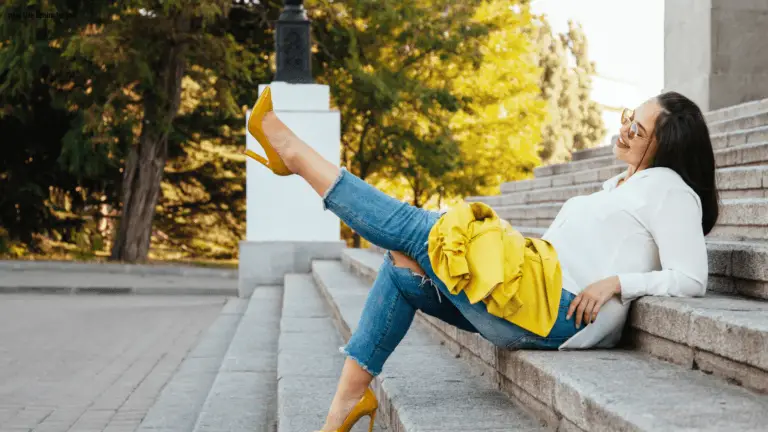
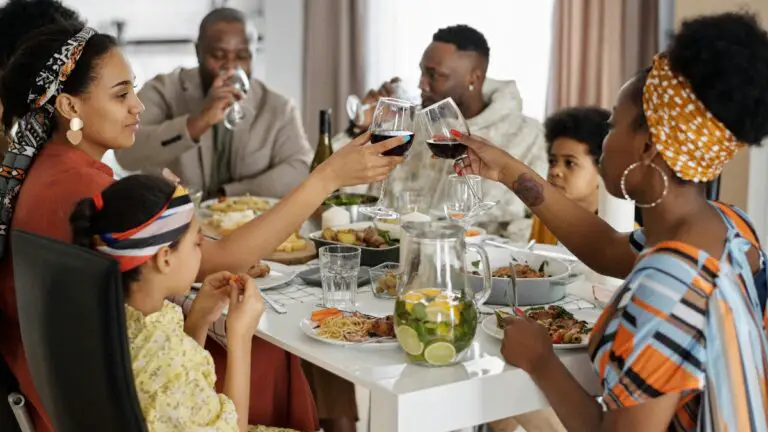
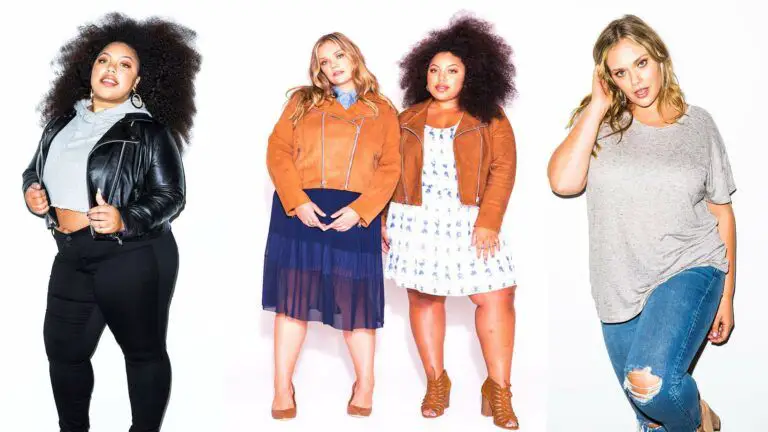
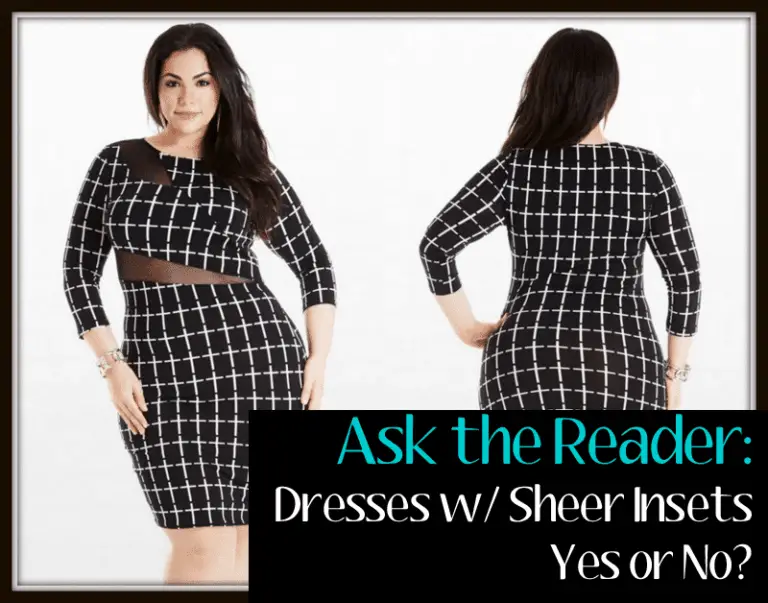
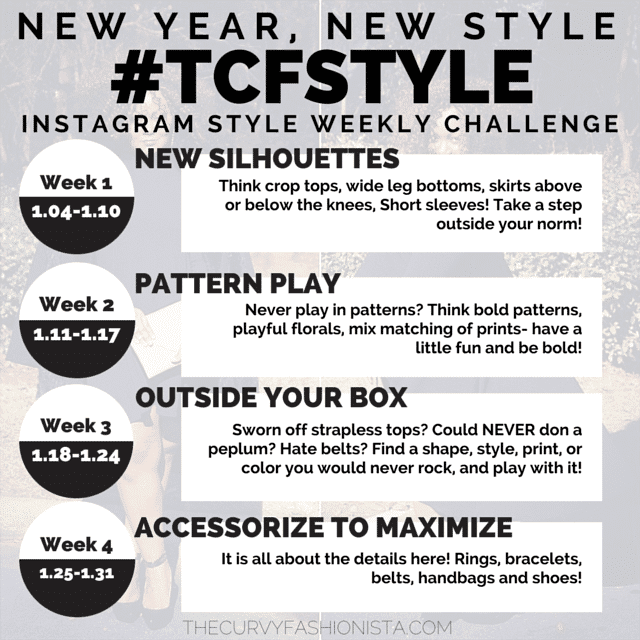
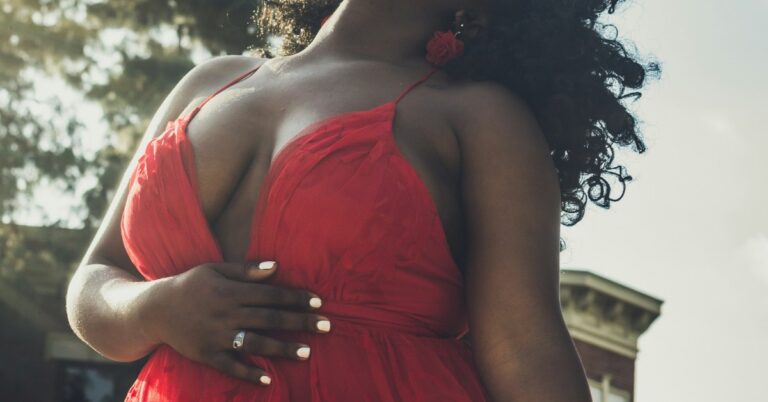
Great article but still no mention of Cordelia Cupp’s trousers! In the 5 or 6 websites I visited, her shoes, belt, bag, shirt, vest and jacket are all mentioned with places to purchase those things but somehow the bottom half of her body’s apparel is completely ignored.
Here is the episode in which the trousers are shown.
The Residence Episode 4 The Last of Sheila at 53 minutes 21 seconds, the beach scene.
Notice that the top of the belt loops are placed about 1 inch BELOW the top of the waist band. That’s unusual.
What brand are these pants? Where can I find them?
I await your expertise!
Thank you.
Hi Christine! I will definitely take a dive and see if we can find that information, if you do happen to find out before I do, can you tell me and we will update??
It’s July 13. I haven’t found one thing about C. Cupp’s trousers with the lowered belt loops. Dang.
Ended up here on my own futile quest to find pants like these 😭 Enjoyed the read though 😆